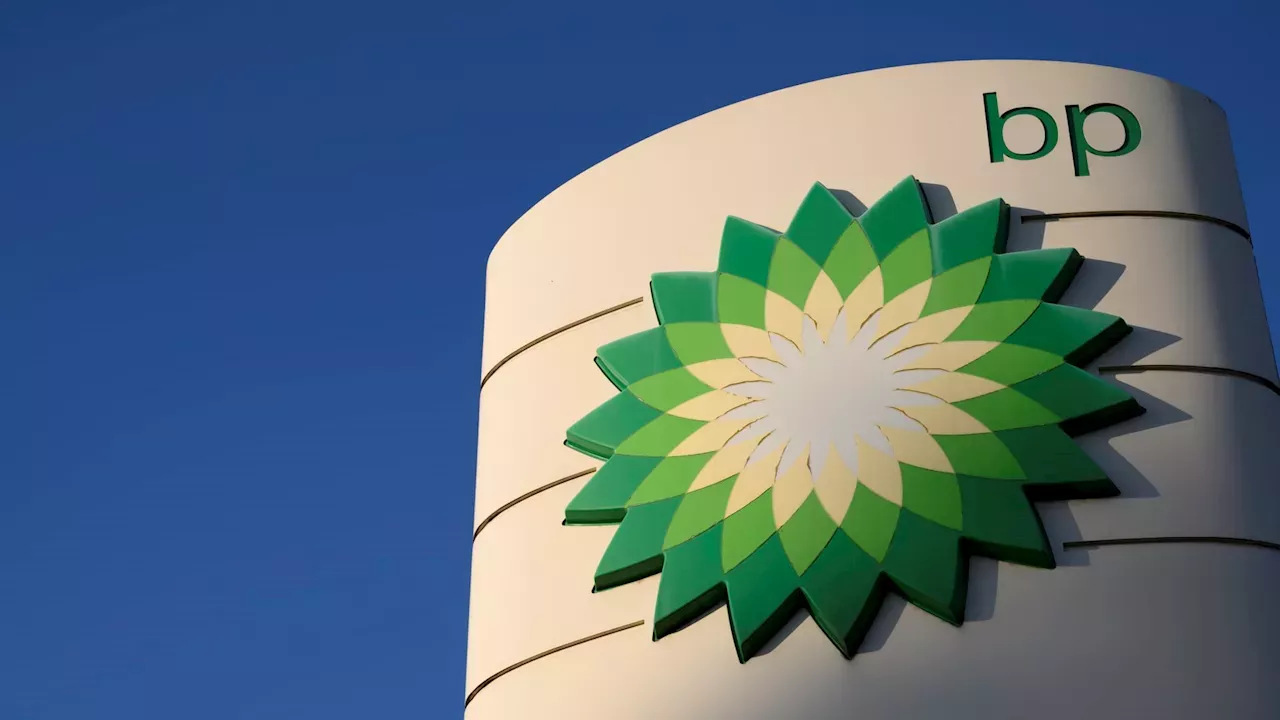BP posted underlying replacement cost profit, used as a proxy for net profit, of $2.3 billion for the July-September period. That beat analyst expectations of $2.1 billion, according to an LSEG-compiled consensus.
The firm's third-quarter results were the weakest since the fourth quarter of 2020, when industry profits cratered during the coronavirus pandemic.on Tuesday reported its weakest quarterly earnings in nearly four years, weighed down by lower crude prices and lower refining margins. The firm's third-quarter results were the weakest since the fourth quarter of 2020, when industry profits cratered during the coronavirus pandemic.
"In oil and gas, we see the potential to grow through the decade with a focus on value over volume. We also have a deep belief in the opportunity afforded by the energy transition – we have established a number of leading positions and will continue high-grading our investments to ensure they compete with the rest of our business."
